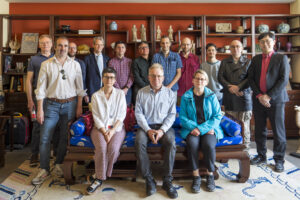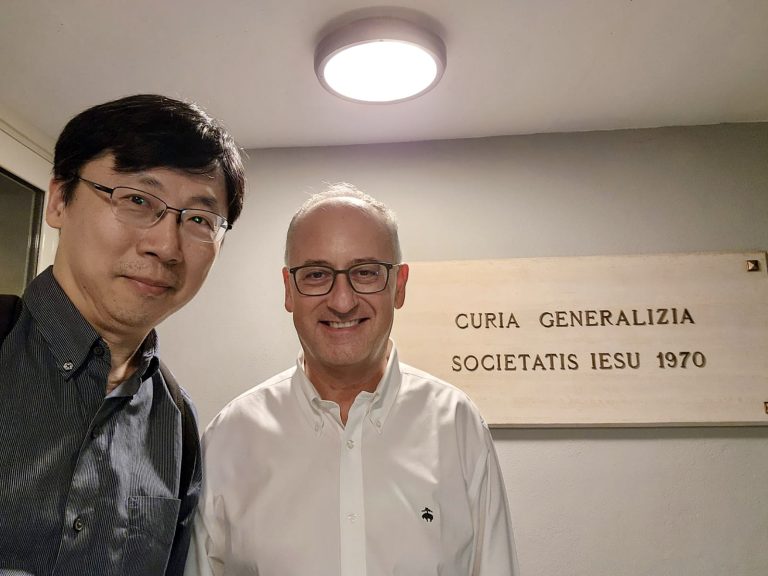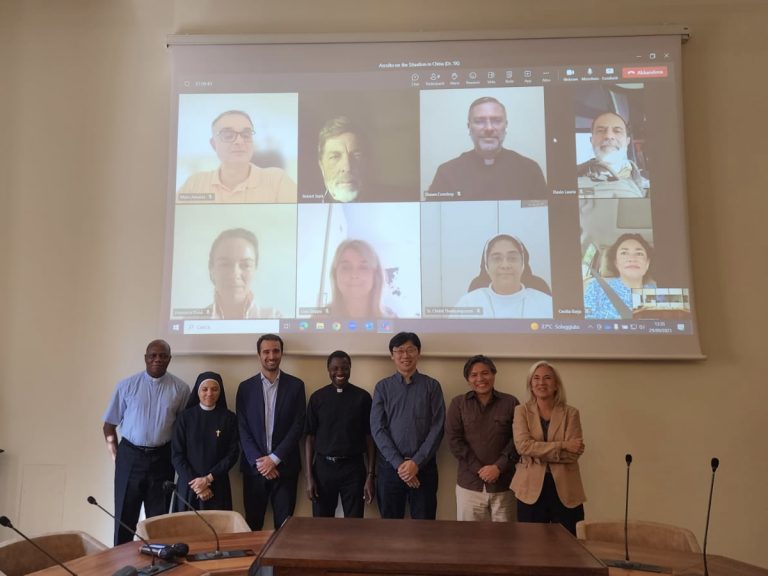When I received the housing questionnaire to apply for what housing I wanted for the next year of my life in Beijing, I immediately checked that I wanted a Chinese roommate. What a great opportunity to practice my language skills and learn about Chinese culture, I thought to myself as I considered the pros and cons of my choice despite the fact that my mind was made up. What I didn’t realise at that point was how much more my Chinese roommate would be than just the face value of the offer: what everyone assumes you’ll get out of, which is what the programme sells the opportunity of a Chinese roommate as because that is what’s most marketable. Of course, everyone I spoke to about it before coming would comment on how much my Chinese would improve living with a Chinese person. So when I received my first email from my roommate over the summer with her WeChat, I excitedly bounced around work as we WeChat-ed, gushing about how sweet my future roommate would be and how excited I was to meet her. My Chinese was going to improve so much.
However, over the past two semesters, Wendy has been more than a Chinese girl coexisting in the same dorm room with whom I occasionally converse in Chinese with. She is not my language tutor meant to sit there and suffer through my jumbled grammar and poor pronunciation until I am fluent in Chinese, but a friend who I bond with over American and Korean dramas alike, who enthusiastically discusses Chinese history, politics, and culture with me so I can learn more about what China is for her, to be able to glimpse what her reality is in China. I live with someone so ready to welcome me into her culture and share with me all the things which she enjoys about living in China and what makes her proud of who she is. Whether it’s introducing me to food from her hometown or explaining quirks about the way daily Chinese society runs, she’ll always be there with a “Did you know?” and an excited explanation of why things are the way they are. Wendy will always take time out of her day to ask how mine is and be there when I am overwhelmed by schoolwork or frustrated by my lacking skill in Chinese, a kindness that I will never be able to express how grateful I am for it.
Of course, living with a Chinese roommate is not just them complying with your every demand and answering all your questions. Wendy is just as curious about learning English and American culture as I am about Mandarin and Chinese culture. A give and take exists in my friendship with Wendy, for Chinese roommates do not exist solely in the bubble of our room. The roommate side of their job is just like living with a roommate anywhere. We support each other through academic difficulties, cheer each other on for tests, projects, and interviews, and goof around with one another as we learn about each other’s hobbies and interests. For me, I learned that having a Chinese roommate was more like having your first roommate freshman year of college. Everything becomes about forming a friendship by learning about what each other is interested in, partaking in that in order to support one another, and through this a cultural exchange happens since so much of what each person brings is based in their home culture. As roommates are there to create an environment of a home away from home, a support system was created between us two as we aimed to make living through this year the best we possibly could.
As one of my fellow classmates explains, being a Chinese roommate is a full time job. They are tasked with helping us overcome culture shock, homesickness, and language barriers by being the one person to whom we can always turn to regardless of the question or need; however, not only do they do all these things, they also help as tour guides on the planned weekend trips, personal shoppers for ordering food and TaoBao purchases, and a support system for the other students whose Chinese roommates may not be available or those who don’t have one at all (anytime something needs to happen which we cannot do ourselves, someone always offers, “Well, I think my roommate is free, maybe they can help.”) They are there to support us and answer our questions when we’re lost about navigating their language and culture just as much as they are there to help us get around Beijing (or all of Asia as we buy tickets for weekend trips) and to recommend places to go so we may enjoy our time here like they do. On top of all this, they manage their own academics, extracurricular activities, internships, job searches, and graduate school examinations and applications in a way that still allows them to excel.
Reflecting on just how involved their job is with one person and how often that extends into making friends with the other exchange students here as well as helping them, the Chinese roommates form this irreplaceable system on which we at TBC rely on in order to have one of the most amazing experiences in Beijing. They not only help us survive here, but also thrive in an environment totally unlike the one we come from with language skills comparable to that of small children. Over the past year, I’ve seen how much work they put into make sure we enjoy ourselves in Beijing, almost to the point of their own expense for which I could not thank them enough for, especially my roommate who has become one of my closest friends over the past year. I will always be grateful for her kindness, help, selflessness, and patience. Without her, my experience would never have been what it is. Thank you, Wendy.
P.S. I also love all the other Chinese roommates and I thank them a thousand times over for everything they do like Wendy.
By Kay Lee Roseli, Loyola University Maryland, Fall 2015 and Spring 2016 Student






